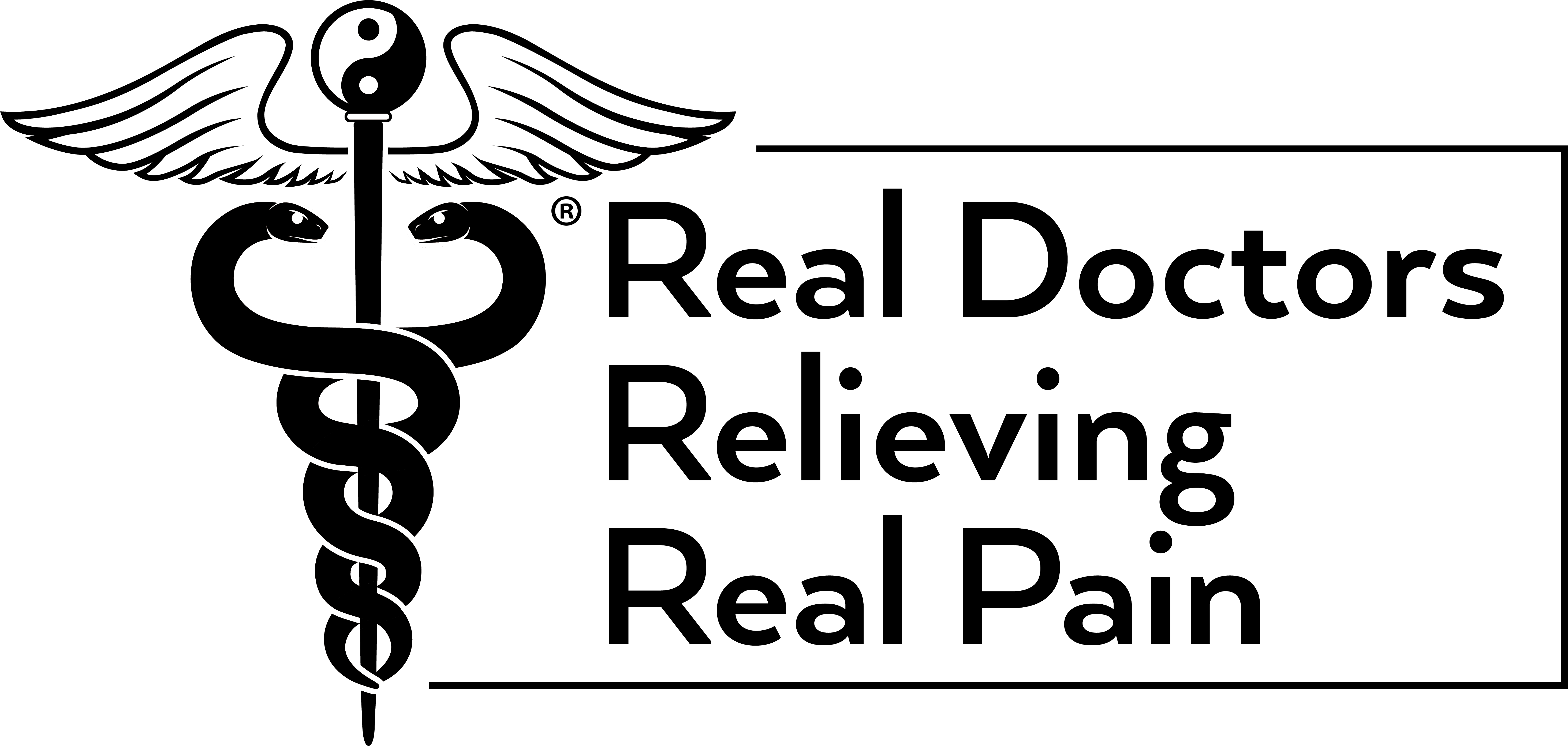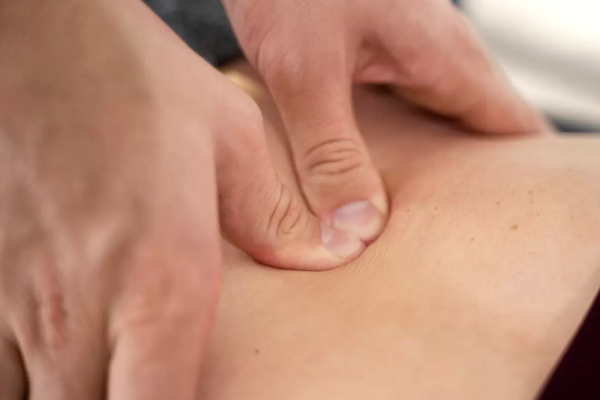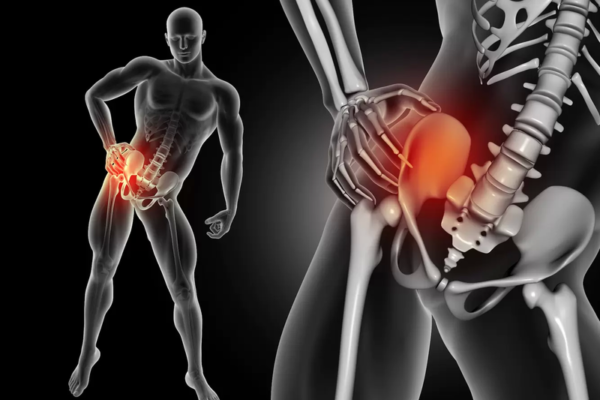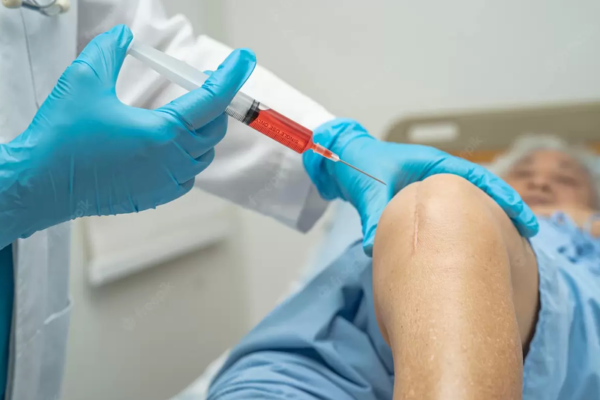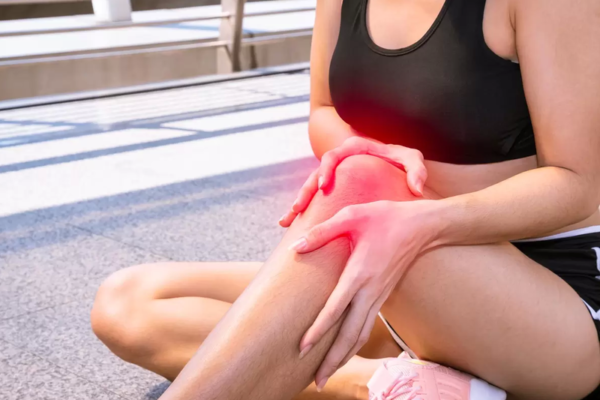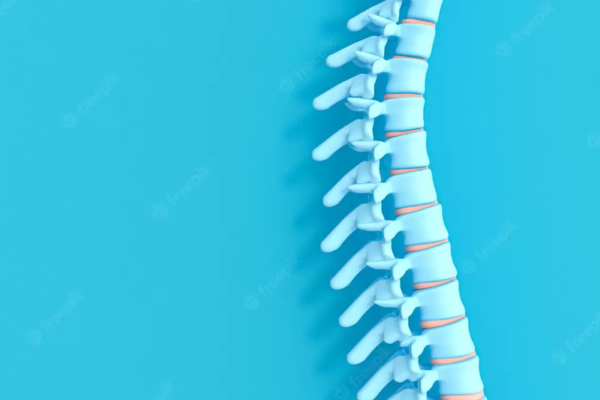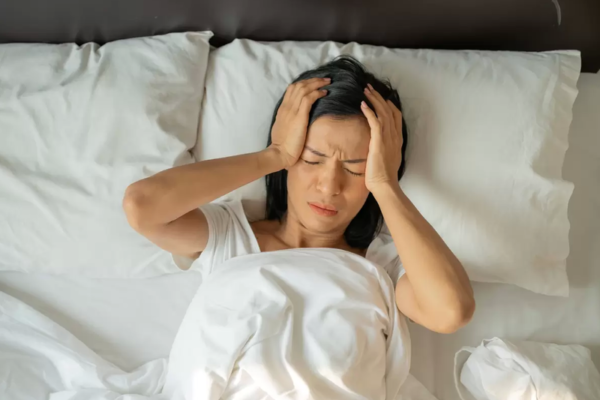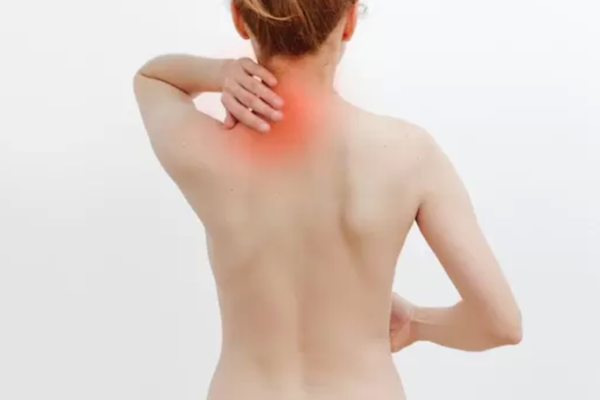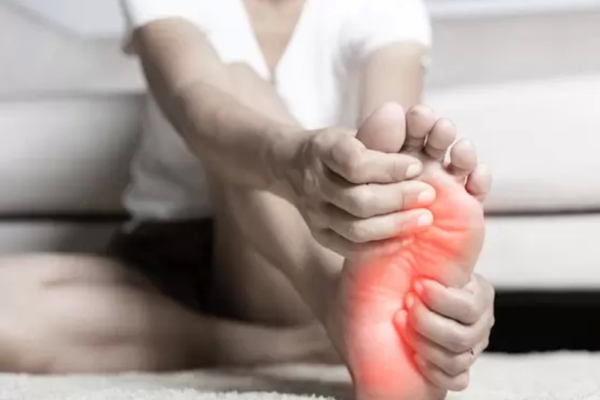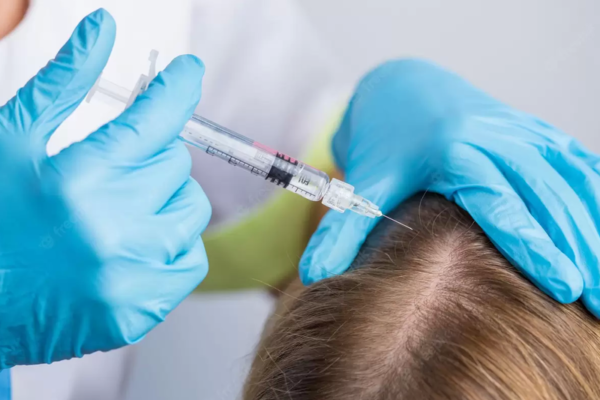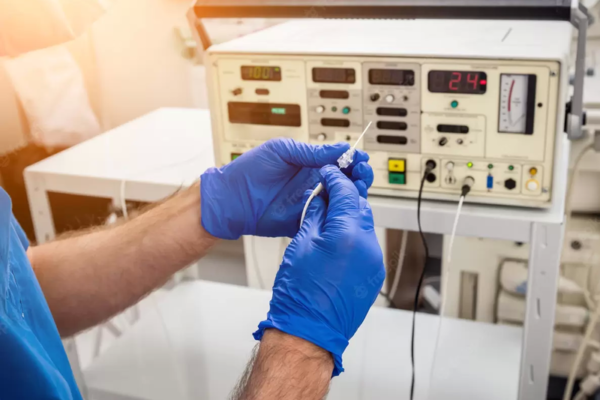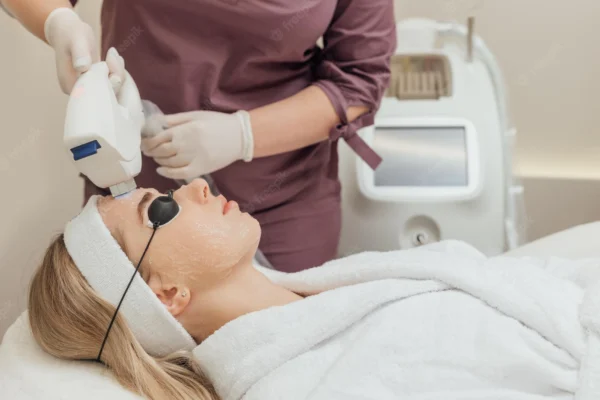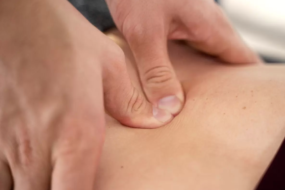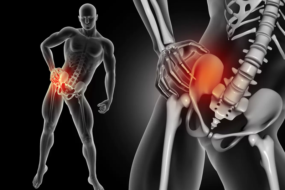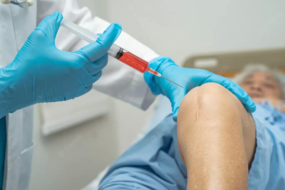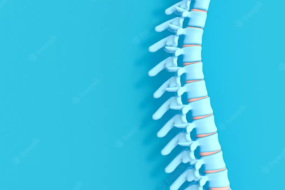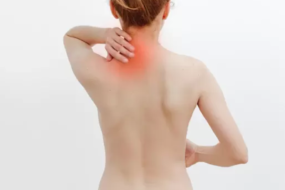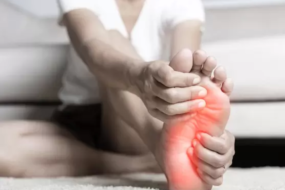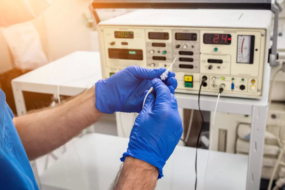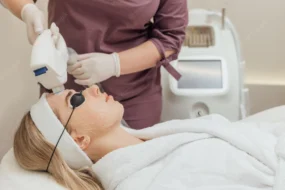Your hips are the largest joints in your body, so if you have hip pain, it can make your life very uncomfortable. There are effective treatments for hip pain to relieve you of this burden, and you can find them by visiting Dr.. Andrews, MD, of No Pain. Dr. Andrews is a leading expert in chronic musculoskeletal pain and joint conditions. Call today to schedule a consultation or book an appointment online.
Hip Pain
Hip Pain Q & A
What causes hip pain?
Your hip is a large joint that takes a lot of strain, so hip pain is quite common. Hip pain is due to an acute injury, degeneration of the tissues, or disease.
Some of the more common causes of hip pain include:
- Arthritis
- Bursitis (joint inflammation)
- Dislocation
- Hip fracture
- Hip labral tear
- Tendinitis
- Pinched nerves
- Sciatica
- Avascular necrosis (death of bone tissue due to limited blood flow)
- Osteoporosis
- Synovitis
You can get a clue about the cause of your hip pain from where it hurts. If the pain is on the inside of your hip or in your groin, that indicates a problem with the joint.
If the pain is on the outside of your hip and spreading into your buttock or thigh, it’s more likely due to damage of the soft tissue surrounding the joint.
How can I reduce my hip pain?
If you have hip pain, try to rest your hips as much as possible. This isn’t always easy because it can be very difficult to find a position in which your hip doesn’t come under some pressure. Lying on your back rather than sitting for long periods or lying on the affected hip is best.
Avoid bending at the hip for a few days to give tissues a chance to heal, but be careful that you don’t start bending your back instead and add a back injury to your problems. You can also take over-the-counter pain medication and use cold compresses to reduce inflammation.
If your hip pain is severe or doesn’t improve after a few days, you should call No Pain.
How is hip pain treated?
Before treating your hip pain, Dr. Andrews needs to find out what’s causing it. He carries out a physical exam and runs diagnostic tests, such as X-rays, CT scans, or MRI scans, to get a detailed look at the joint.
Once he has a diagnosis, he creates a treatment plan for your hip pain. This could include:
- Prescription anti-inflammatory medications
- Disease-modifying anti-rheumatic drugs (DMARDs)
- Low-impact exercises and stretching
- Resistance training
- Physical therapy
- Steroid injections into the hip joint
- Ultrasound-guided cortisone injections
In some cases, like severe osteoarthritis or avascular necrosis, you might need to consider surgery. You may need a partial or total hip replacement (arthroplasty), depending on whether any parts of the joint are still healthy.
In many cases, Dr. Andrews performs hip replacement procedures using minimally invasive arthroscopic surgery.
If you have pain in your hips, find effective relief by calling No Pain today or booking an appointment online.
WHAT WE OFFER
Chronic Pain Conditions and Treatments
-
-
-
-
-
-
-
-
-
-
-
-
-
Migraine
Coming Soon. Learn More.
Did you know that?
Donec sed odio dui. Nulla vitae elit libero, a pharetra augue. Nullam id dolor id nibh ultricies vehicula ut id elit. Integer posuere erat a ante venenatis dapibus posuere velit aliquet.
-
-
-
-
-
-
-
-
-
-
-
